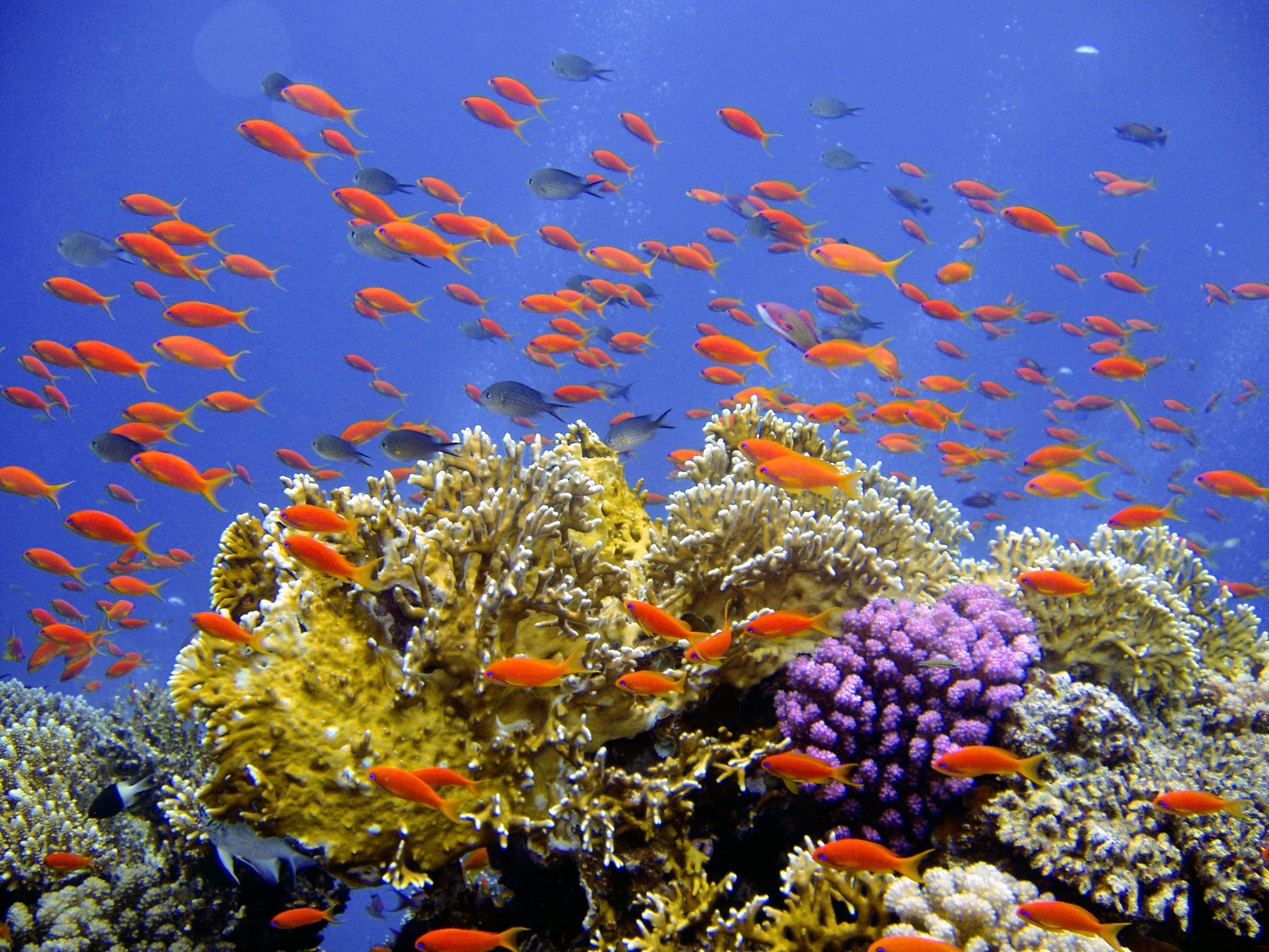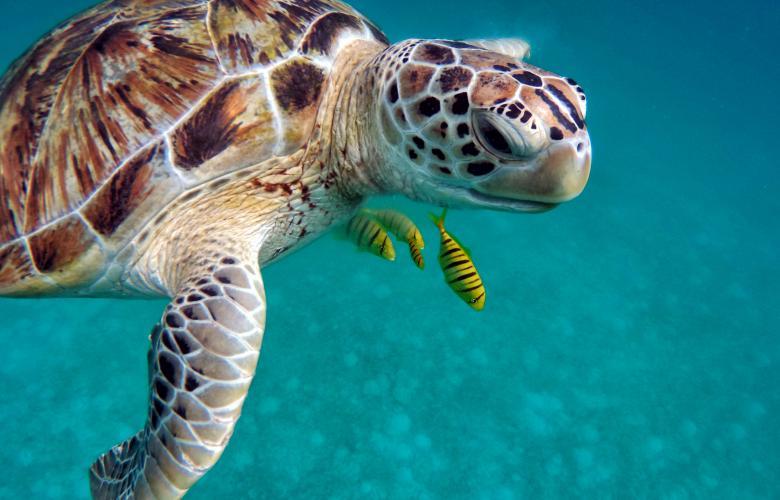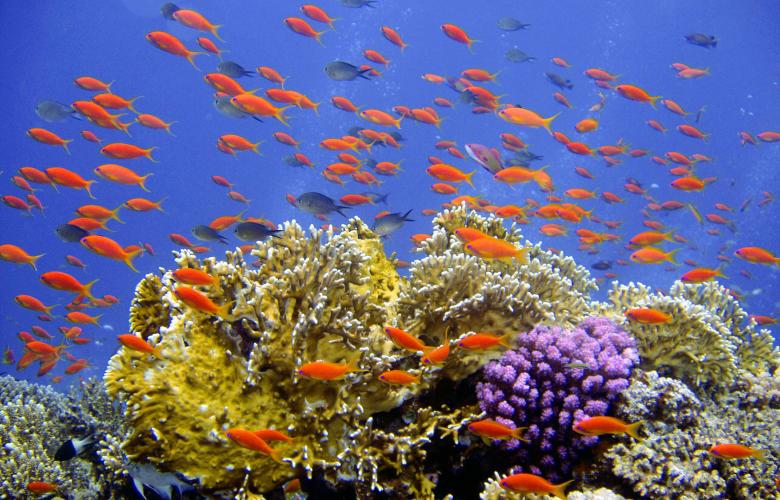After being in the world's spotlight for over a week during the recent IMF-World Bank Annual Meetings held in Nusa Dua, Bali is once again hosting a leading international event. This time it is the 5th Our Ocean Conference (OCC), which will be held from October 29 - 30, and also in Nusa Dua, the island's convention capital.
President Jokowi sees great potential in maintaining the positive momentum generated by what has been widely recognised as a very successful series of IMF-World Bank Meetings.
Local news wires are reporting Jokowi held a limited meeting at the Presidential Palace in Bogor, West Java earlier this week where he told Ministers involved in the event how important it was to maintain international trust for organizing important occasions such as this. "I want this OOC to be truly utilized as much as possible for our national interests," he said according to Kabar 24.
Luhut Binsar Pandjaitan, Maritime Coordinating Minister, who is very much involved in the preparations of the OOC, told local newswires after the meeting with the President, that preparations had reached 95%, "even though there are still things we need to improve here and there," he told CNBC.
Andrzej Barski, Principal of Harcourts Seven Stones is impressed with how well these major international events are managed and organized. "The more events the tighter the organizing and management will be," he told WILLIAMS MEDIA. "The MICE business in Indonesia, particularly in Bali, is already a big deal, and it looks like it's going to get bigger. We have great facilities and fantastic services in some of the world's best hotels and resorts and now, under the current administration, a much better infrastructure. All of which boosts the tourism industry and the island's economy."

There have been commitments of approximately USD 18 billion with 12.4 million square kilometres of marine protected areas since 2014.
Almost 2,000 delegates from around the world, including heads of state, financial institutions, young leaders, civil society organizations and representatives from the scientific community are expected to attend the conference, which has the theme of "Our Ocean, Our Legacy." The aim is to discuss the role of a sustainable economy in marine management, generate commitments and take action to maintain the sustainability of the maritime environment.
Commitments are important but actions speak louder than words. Gapura Bali reported in June "there have been commitments of approximately USD 18 billion with 12.4 million square kilometres of marine protected areas since 2014." One of the purposes of this year's OOC is to see what has actually happened to those commitments and to generate even more.
The last conference, held in Malta in 2017 and hosted by the European Union generated over EUR 7 billion in commitments on oceans. A detailed breakdown of these can be found in the conference's final report.
A brief summary of some of these include:
France said it would no longer sell cosmetic products containing plastic microbeads by 1 January 2018 and cotton buds with plastic stems by January 1, 2020.
Panama said it would contribute more than EUR 850 million to the Panama City and bay sanitation project to ensure the marine contamination is reduced and the health of Panama Bay and marine ecosystems are restored.
The United States said it would commit up to EUR 7.6 million over four years for the establishment of a small grants portfolio on waste recycling focusing on municipal waste management and recycling efforts in Indonesia, the Philippines, Sri Lanka, and Vietnam and contribute up to EUR 418,000 to the New Plastics Economy Initiative’s Circular Design Challenge.
The EU committed EUR 215 million to fund marine research under Horizon 2020, EUR 40 million to support water basin management, EUR 12 million to combat marine litter, EUR 50 million for a resilient Mediterranean and EUR 60 million to enhance cooperation with Brazil and other Atlantic coastal states.
Korea announced EUR 85 million between 2017 and 2027 for the establishment of the World Fisheries University and reaffirmed its commitment to invest EUR 4.5 million to support the establishment and operation of a Marine Acidification Monitoring system over 2017 and 2021.
Indonesia said it would expand its Marine Protected Area (MPA) coverage to 200,000 square kilometres by 2020.
Unilever committed to help transform global plastic packaging material flows by ensuring all of its plastic packaging is reusable, recyclable or compostable by 2025; increasing its use of recycled plastic content in its packaging to at least 25% by 2025.
Proctor & Gamble committed to use innovation to reduce double the amount of recyclable plastics (PCR) packaging by 2020, with the long-term vision of using 100% recycled materials.
Marks & Spencer announced that all its plastic packaging in the UK would be 100% recyclable and widely recycled by 2022.
Carrefour said it would stop using free plastic bags in their stores and in partnership with WWF will sell 50% of its fish as sustainable by 2022.
The World Bank announced a total of EUR 296 million over the next six years to advance the sustainable oceans and Blue Economy agenda in developing countries.
The European Investment Bank said their three main commitments as a EUR 110 million loan to the Caribbean Development Bank for climate change mitigation, adaptation and resilience; a EUR 16.7 million Sustainable Ocean Fund (SOF) with an initial portfolio on Latin America Africa and Asia; and EUR 30 million for a research and development loan via the European Fund for Strategic Investment for biotechnology development.
Sources: Kabar 24, CNBC, The Jakarta Post, Detik, Tempo, Our Ocean, Our Ocean, Our Legacy
Similar to this:
Bali to host world's 5th 'Our Ocean Conference' in October
October's IMF-World Bank meeting expected to boost Bali's economy
Indonesia committed to green development







